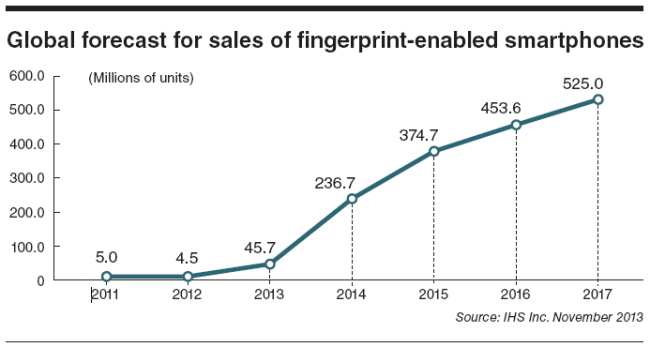UPDATE:
The LIVR Hoax: Everybody's Favorite New Drunkbro App Is Fake (Gizmodo)
April Fool's Day keeps getting earlier and earlier.
What if your social network would ONLY let you post when drunk? (Irish Independent)
Thanks to the help of a mini-breathalyser that plugs in to your smartphone, Livr (it rhymes with ‘river’, yes, like the organ) will only be accessible if users’ blood alcohol content scores above a certain, as-yet-undetermined level.
Once users have made their way past this “biometric bouncer” they’ll get access to a number of features designed especially for those who have had - in the words of founders Kyle Addison and Avery Platz - “a couple of drinks.”
This is both fun and horrifying, but I can see how it might be socially beneficial.
Boss: I saw your off-color comments about the management culture around here.
Staffer: Oh, that doesn't really count, it was on Livr.
Boss: OK, then.
But just to set the record straight blood alcohol level, except in a few very rare circumstances, isn't really a biometric in the way we frequently use the term.
See:
Biometrics vs. Biostatistics.
Short version:
Biometrics for identity management concern facts about the physical human body that don't change (or don't change much) over time.
Biostatistics, on the other hand, are useful precisely because they change, sometimes radically over short or long time-frames.







